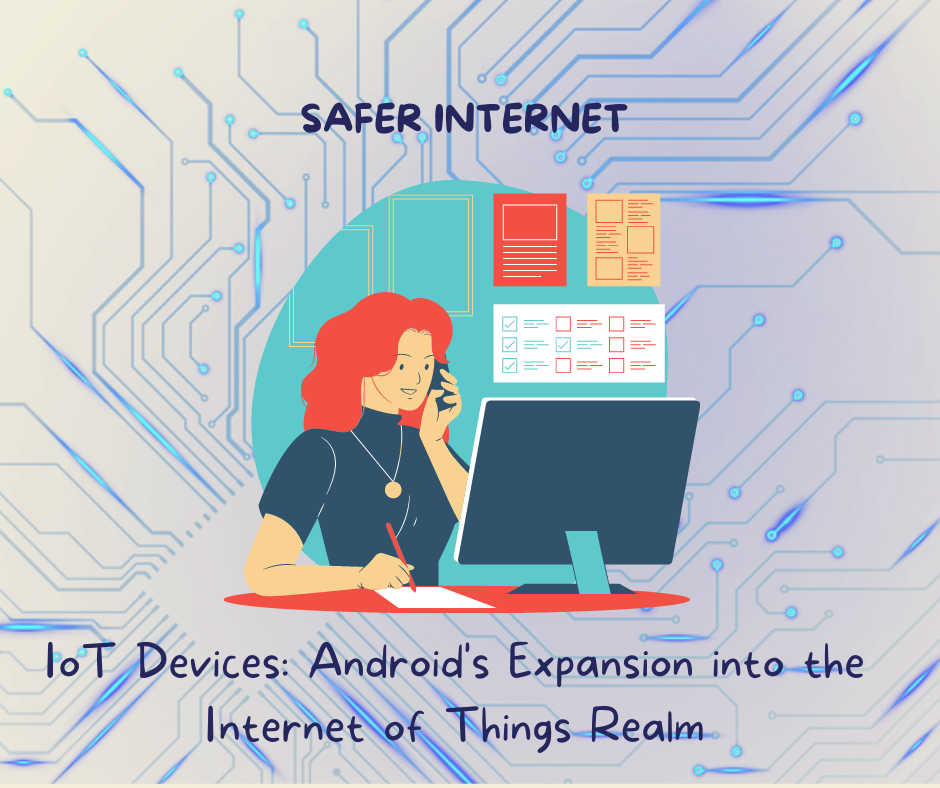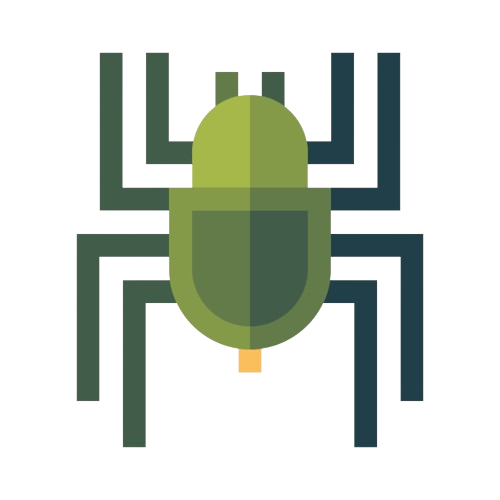
IoT Devices: Android's Expansion into the Internet of Things Realm
Share
In this digital age, the Internet of Things (IoT) has emerged as a transformative technology, connecting everyday objects to the internet and enabling them to communicate and interact with each other. As the IoT continues to evolve, Android has established itself as a leading platform for IoT devices. With its robust ecosystem, versatility, and user-friendly interface, Android is expanding into the realm of IoT, revolutionizing the way we interact with smart devices. In this article, we will explore the exciting world of IoT devices powered by Android and their impact on our daily lives.
I. Understanding the Internet of Things
The Internet of Things refers to a network of interconnected physical devices embedded with sensors, software, and other technologies that enable them to collect and exchange data. These devices can range from household appliances and wearable devices to industrial machinery and smart city infrastructure. The IoT allows these devices to communicate and share information, facilitating automation, data analysis, and improved decision-making.
II. Android's Role in the IoT Revolution
Android, originally developed for smartphones and tablets, has extended its reach into the IoT landscape. The open-source nature of Android has made it an ideal platform for IoT devices, offering developers the flexibility to customize and adapt the operating system to suit their specific needs. Android's robust app ecosystem, security features, and support for various hardware make it a powerful platform for creating innovative and interconnected smart devices.
III. Advantages of Android-powered IoT Devices
A. Seamless Integration with Existing Android Ecosystem
Android-powered IoT devices seamlessly integrate with the existing Android ecosystem, allowing users to leverage familiar apps, services, and interfaces. This integration creates a cohesive user experience across multiple devices, enabling users to control and manage their IoT devices using their smartphones or tablets.
B. Rich App Ecosystem
Android's vast app ecosystem brings a wealth of functionality and possibilities to IoT devices. Developers can leverage existing Android apps or create new ones specifically tailored for IoT devices, providing users with a wide range of applications to enhance their IoT experience.
C. Versatile Hardware Support
Android's compatibility with a variety of hardware options makes it an ideal choice for IoT devices. From smart home hubs to wearables and connected appliances, Android-powered devices can utilize a range of sensors, processors, and connectivity options to deliver innovative and feature-rich experiences.
D. Robust Security Measures
Security is a critical concern in the IoT landscape, and Android addresses this with robust security measures. Android's built-in security features, such as app sandboxing, encryption, and frequent security updates, help protect IoT devices and their data from potential threats.
IV. Examples of Android-powered IoT Devices
A. Smart Home Automation
Android-powered IoT devices play a central role in smart home automation, allowing users to control and monitor various aspects of their homes remotely. From smart lighting and thermostats to security cameras and door locks, Android-powered devices provide a unified platform to manage and interact with these smart home devices.
B. Wearable Technology
Android Wear, the version of Android designed for wearable devices, powers a range of smartwatches and fitness trackers. These devices can track health metrics, receive notifications, and interact with apps, providing users with a convenient and connected wearable experience.
C. Connected Cars
Android Auto brings the power of Android to the automotive industry, enabling seamless integration between smartphones and car infotainment systems. With Android Auto, drivers can access navigation, music, messaging, and other apps in a safe and hands-free manner, enhancing their driving experience.
D. Industrial IoT
Android-powered devices are making significant contributions to the industrial IoT landscape. These devices are used in manufacturing, logistics, and energy sectors, providing real-time data analysis, predictive maintenance, and process automation to optimize operations and increase efficiency.
V. Future Possibilities for Android-powered IoT Devices
The future of Android-powered IoT devices is filled with exciting possibilities. As technology advances, we can expect even greater integration between IoT devices and the Android ecosystem. Enhanced connectivity, advanced AI capabilities, and improved interoperability are just a few of the areas that will drive the next phase of Android's expansion into the IoT realm.
FAQs
Q: Can I control Android-powered IoT devices with voice commands?
A: Yes, many Android-powered IoT devices support voice control through virtual assistants like Google Assistant, allowing users to control devices using voice commands.
Q: Are Android-powered IoT devices compatible with other IoT platforms?
A: Android-powered IoT devices can be compatible with other IoT platforms through standardized protocols and APIs, enabling seamless interoperability.
Q: Can Android-powered IoT devices work offline?
A: Yes, Android-powered IoT devices can operate offline if their functionalities do not rely on real-time internet connectivity. However, internet connectivity may be required for certain features or updates.
Q: Are Android-powered IoT devices secure?
A: Android-powered IoT devices prioritize security by implementing various measures such as encryption, secure boot, and regular security updates to protect user data and maintain device integrity.
Q: Can I develop my own Android-powered IoT devices?
A: Yes, Android provides a robust development framework, tools, and resources for creating custom IoT devices powered by Android.
Conclusion
Android's expansion into the Internet of Things realm has revolutionized the way we interact with smart devices. With its versatile platform, robust ecosystem, and seamless integration, Android-powered IoT devices offer a wide range of possibilities for enhancing our daily lives. As the IoT continues to grow and evolve, we can look forward to even more innovative and interconnected Android-powered devices that will shape the future of technology.

